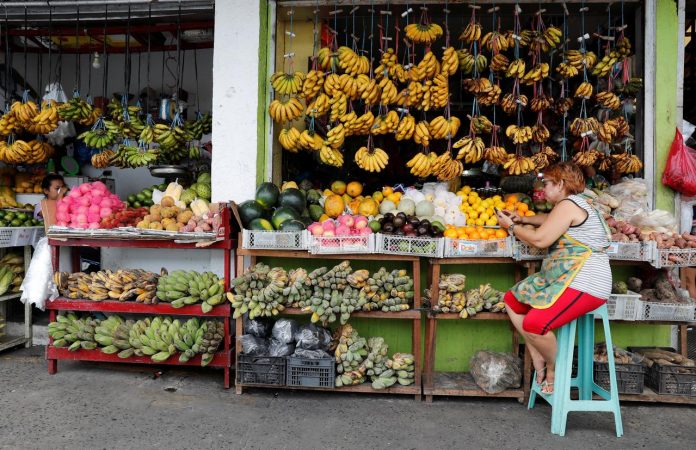
BACOLOD City – The higher January inflation in Western Visayas has a “very minimal effect” on the overall economy of the region, a business leader said Monday.
Frank Carbon, chief executive officer of Metro Bacolod Chamber of Commerce and Industry (MBCCI), said the one-percent increase in prices of consumer goods is within the affordability range of the consumers.
Records of the Philippine Statistics Authority (PSA) showed that from 2.2 percent in December 2019, the region’s inflation rate rose to 3.2 percent last month.
Western Visayas’ inflation is higher than the national headline inflation rate of 2.9 percent.
The PSA said the top contributor to last month’s inflation print was food and non-alcoholic beverages, which posted an annual rate of 2.2 percent and shared 30.8 percent to the overall inflation.
For business, Carbon said last month’s inflation showed that the demand was still strong.
“Production continues and job creation is sustained. The development cycle is on track,” he added.
However, the labor sector has raised concern on the increase in regional inflation.
Wennie Sancho, secretary general of General Alliance of Workers Associations (GAWA), said there is an increase in the prices of fish, vegetables, and other basic commodities, and also of petroleum products.
On Monday, the Department of Agriculture announced its plan to implement suggested retail prices for agricultural products next week following reports that prices of chicken and fish remained high.
Aside from inflation, the spread of coronavirus and African swine fever worry most of the local businessmen. (with reports from PNA/PN)



